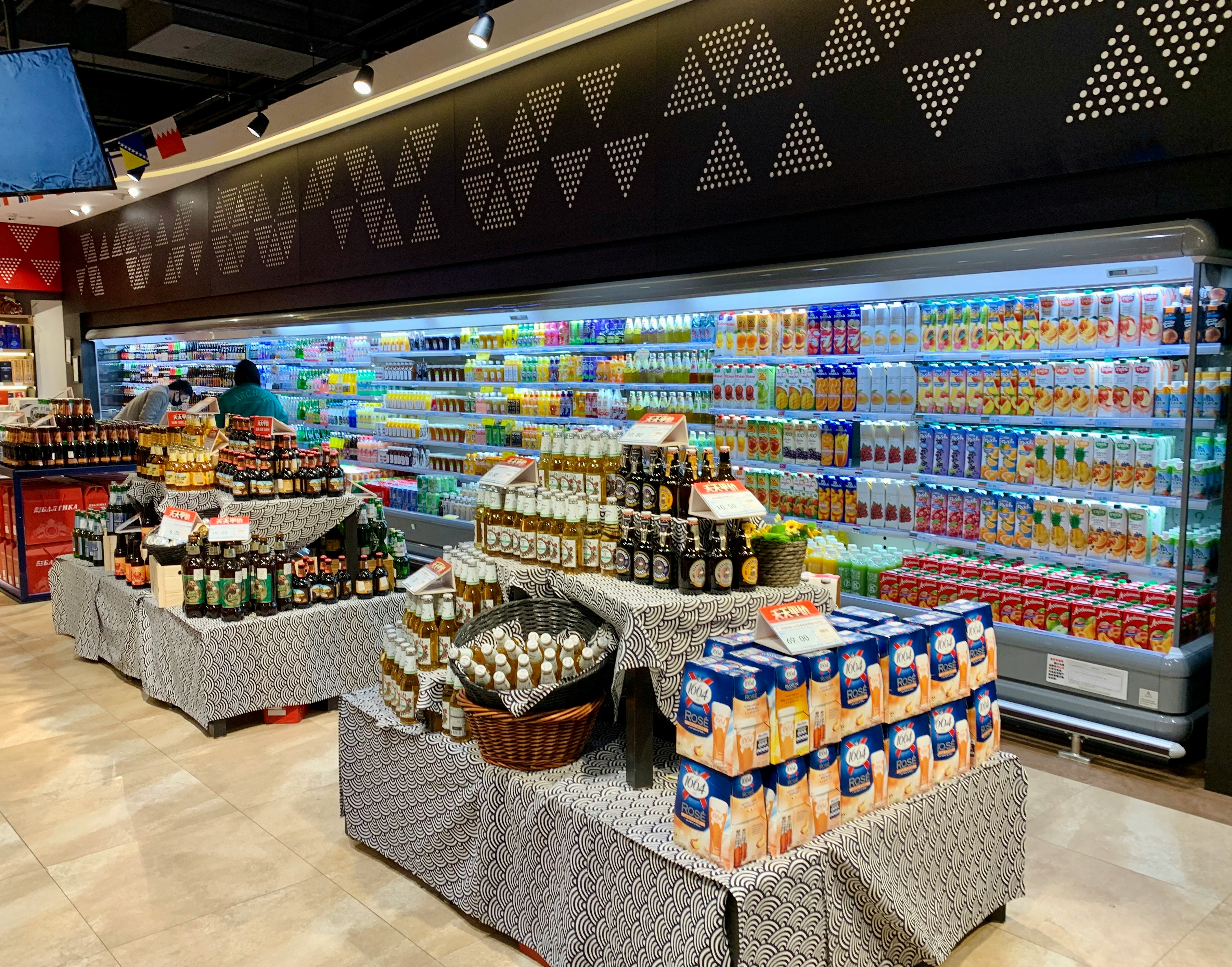News release
From:
A new strategy to stimulate healthy food choices
Odors influence value-based decision-making when viewing nutritional labels on drinks, pointing to the potential of using odors to promote healthy food decisions.
Poor food decisions and eating habits can contribute to excessive weight gain and health problems. Nutritional labels meant to convey healthiness instead may create negative expectations about taste or pose as a time-constraining hurdle for shoppers. Doris Schicker and Jessica Freiherr, from the Fraunhofer Institute for Process Engineering and Packaging, led a study to explore whether pairing food labels with a sensory stimulus, like odor, affects how people perceive foods and thus promotes healthy shopping. The researchers imaged the brains of over 60 people as they interacted with drink labels complete with nutrition-related statements. Some labels were accompanied by odors. Odor-paired beverages were perceived more positively. Additionally, the presence of odor altered the activity of brain regions that process flavors and labels as well as brain regions associated with reward and decision-making. Thus, odors appear to improve label perception and, according to the authors, have the potential to promote healthy food choices.



 International
International



